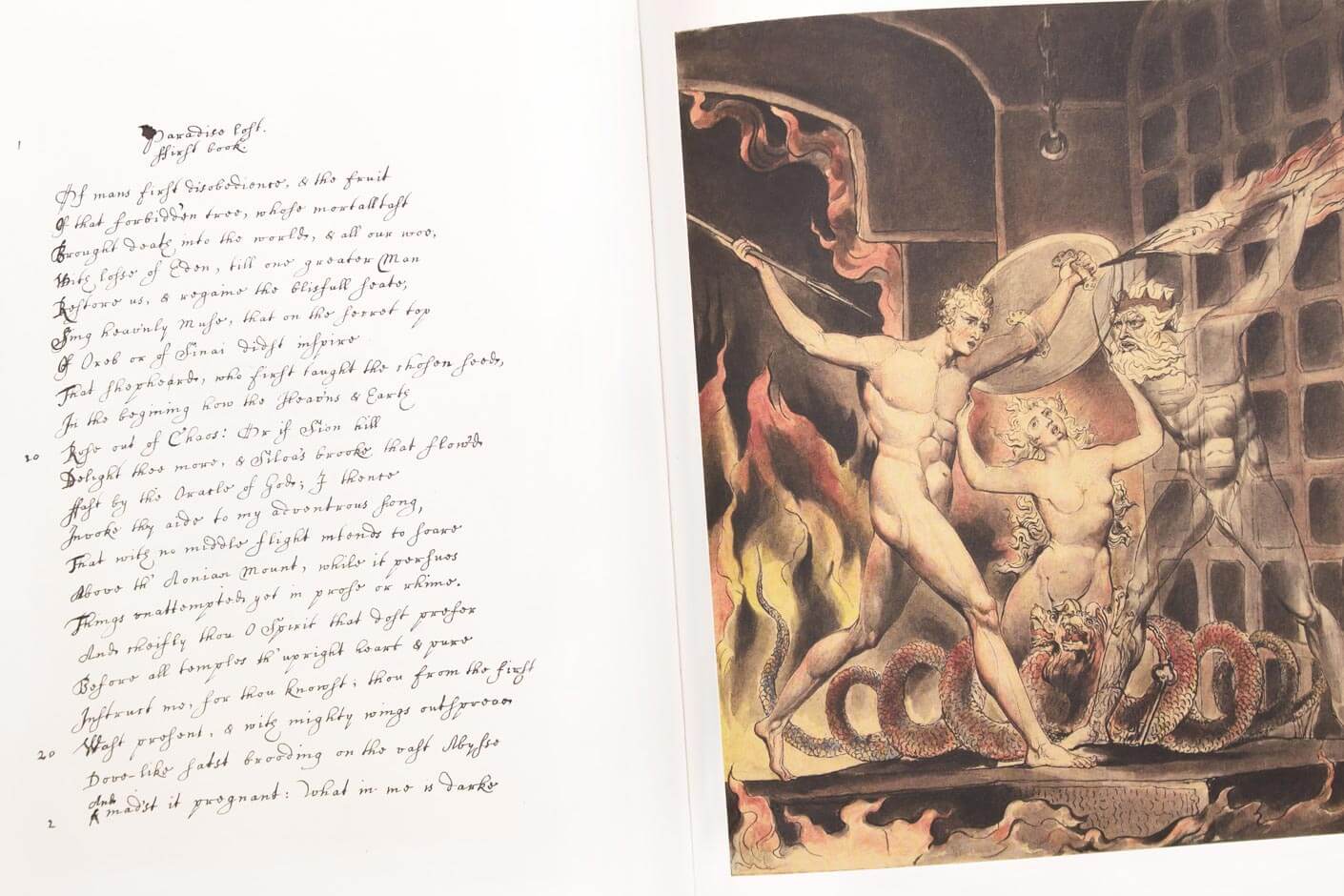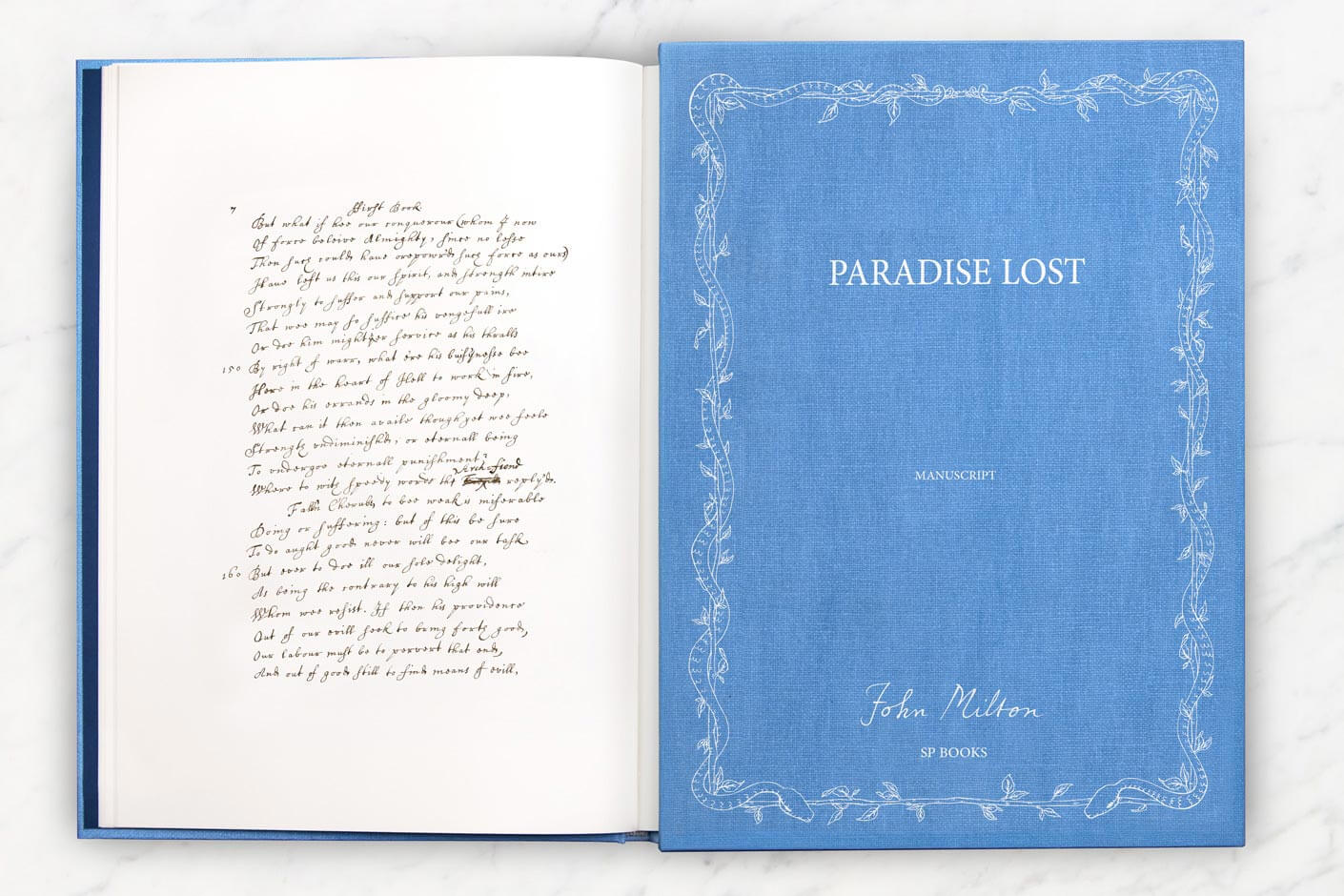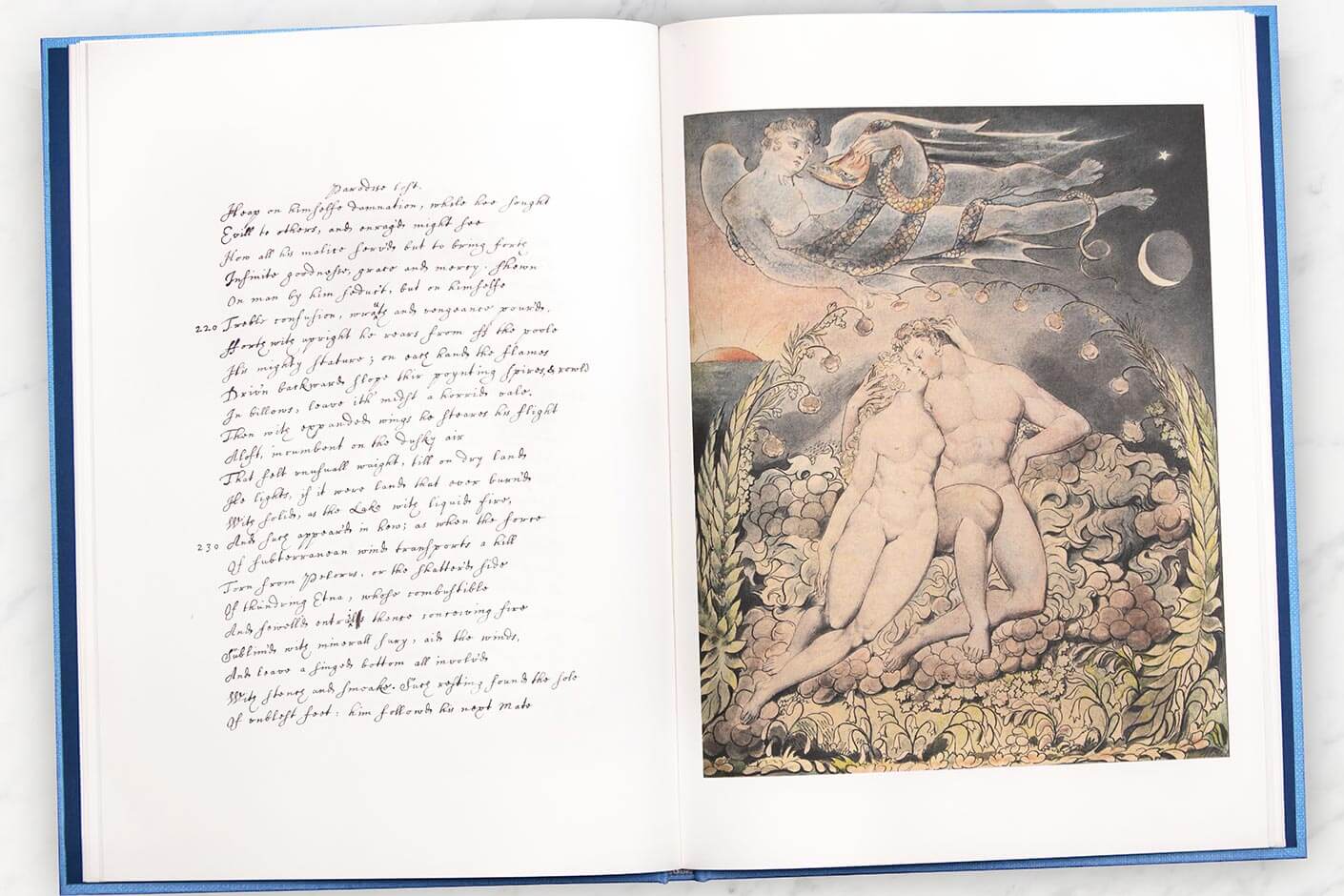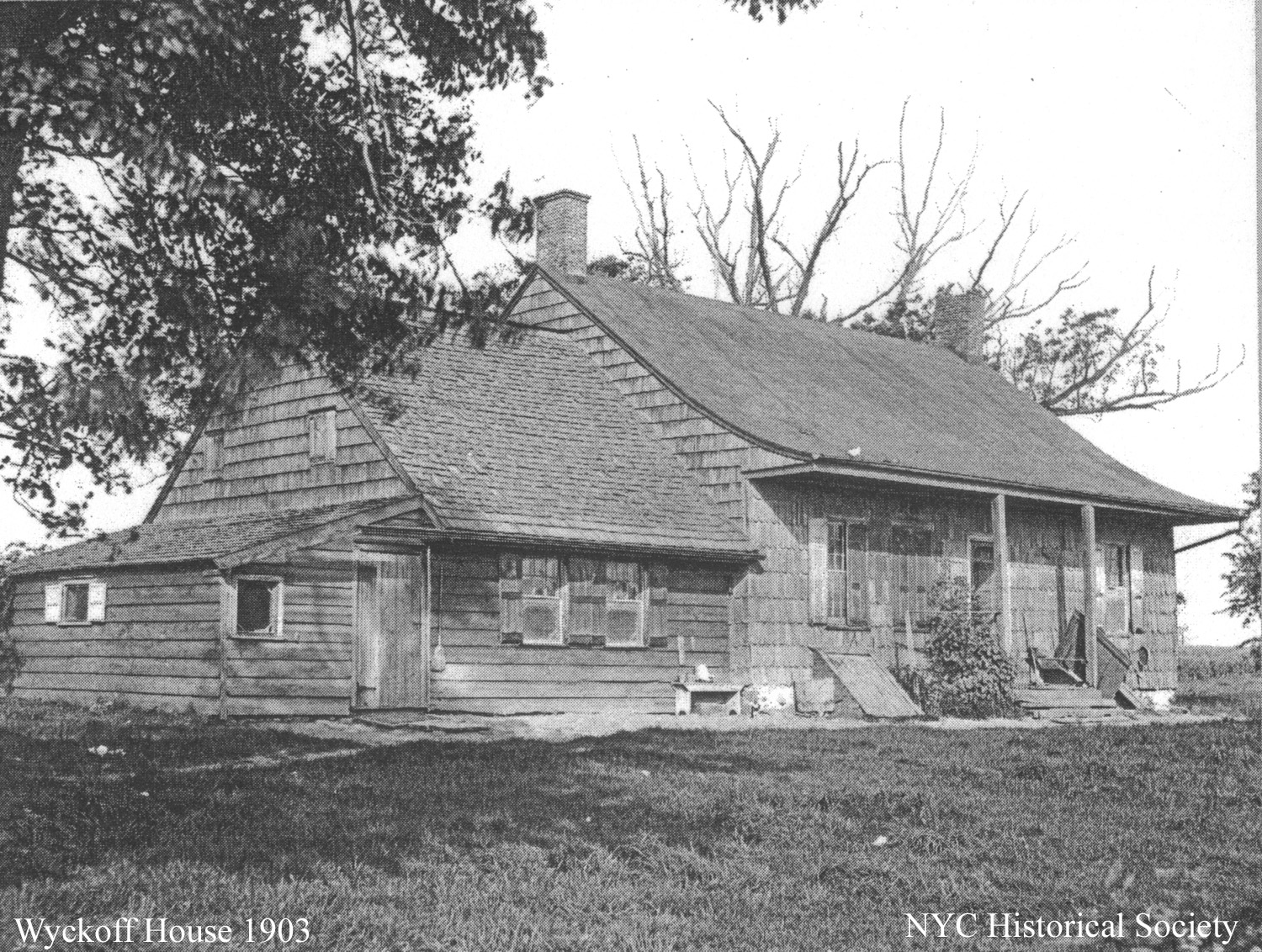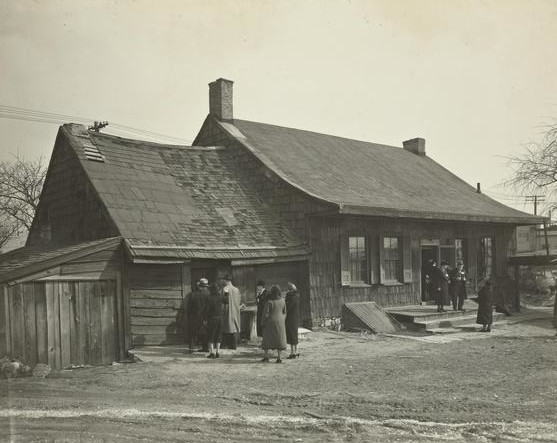In 1965, Lou Reed was a 23-year-old graduate stalled in a music and art career he wasn’t sure would take off. A few years earlier a doo-wop single recorded with high school friends had been released to no avail. More recently, a parody of dance-craze singles “Do the Ostrich”, created by Reed and performed by a pick-up band of musicians, had also made its way onto wax and then right out of people’s memories. However, John Cale was in that pick-up band, and soon the two were fast friends. It was Cale who helped record Reed’s demo tape of songs that year. And it was Reed who took the tape and mailed it back to himself as a “poor man’s copyright.”
That demo tape has now been unsealed and these never-before heard recordings are heading to LP and CD and streaming. Above you can hear a very early version of “I’m Waiting for the Man,” that would get radically reworked for the Velvet Underground’s debut album.
Over rudimentary guitar plucking, Reed’s demo is slower, has harmonies, and a more decided folk bent. Reed acts out the various parts, including the “Pardon me sir, it’s the furthest from my mind” line in a faux-Brit accent. There’s even a Dylan-esque harmonica solo.
The demo tape contains other future Velvet Underground classics like “Heroin” and “Pale Blue Eyes,” but also songs that would turn up on Berlin (“Men of Good Fortune”) and a favorite cover “Wrap Your Troubles in Dreams” that would pop up in Velvets sets. But there’s also songs that were never released in any format: “Stockpile,” “Buzz Buzz Buzz,” and “Buttercup Song.”
Reed had been influenced by poet Delmore Schwartz, who he’d studied under at Syracuse University. Schwartz had instilled in Reed the idea that the simplest words could have the maximum effect in the right hands. Reed’s style of street documentary and repetition came out of his relationship with Schwartz, whom Reed paid tribute to on the first Velvets album with “European Son.”
The album, all nicely remastered, will be available in the usual formats on August 26, including a bonus ep of earlier demos, including 1963 home recordings and a 1958 rehearsal. For now enjoy this glimpse into the mind of an artist about to find his place in the world, and he doesn’t even know it yet.
Related Content
Teenage Lou Reed Sings Doo-Wop Music (1958–1962)
How Drummer Moe Tucker Defined the Sound of the Velvet Underground
Ted Mills is a freelance writer on the arts who currently hosts the Notes from the Shed podcast and is the producer of KCRW’s Curious Coast. You can also follow him on Twitter at @tedmills, and/or watch his films here.

